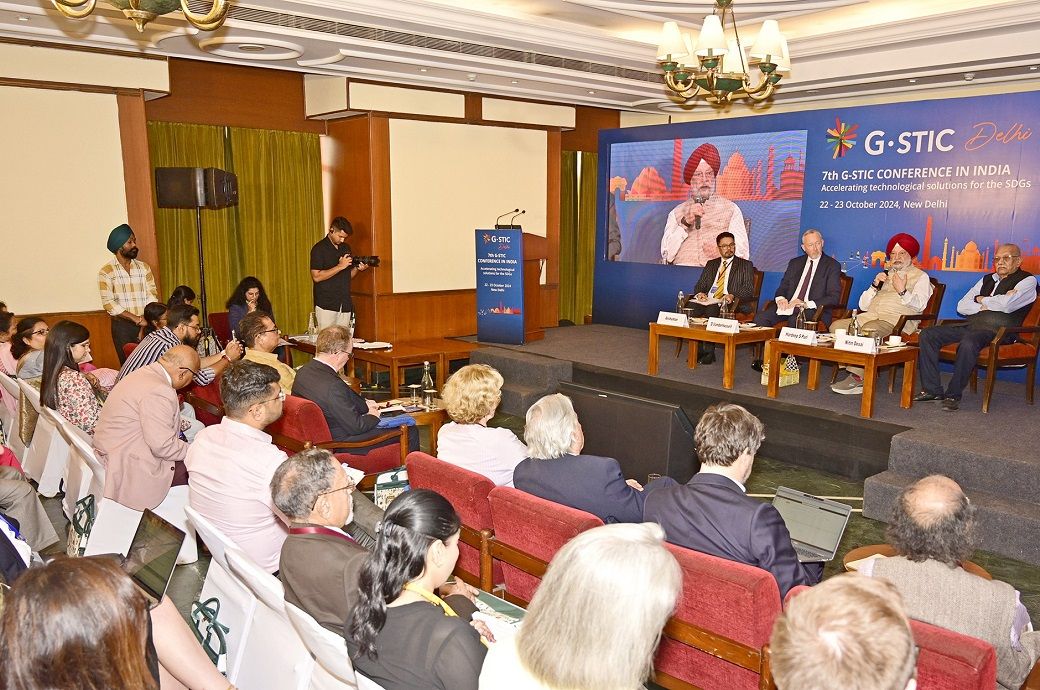India's Energy Transition Journey: Innovations and Commitment to Sustainability
Key Ideas
- Indian Minister Puri highlights India's increasing energy demand and role in global energy consumption, projecting significant growth by 2030.
- Achievements in ethanol blending and hydrogen fuel initiatives are spotlighted, showing progress and potential for reshaping the energy landscape.
- Focus on addressing energy needs in the Global South and optimism that India's strategies can serve as models despite challenges like limited biofuel production land.
- Emphasis on transformative initiatives like the Ujjwala scheme, which has increased cooking gas access and helped lift millions out of multidimensional poverty.
At the 7th G-STIC conference in Delhi, Indian Minister of Petroleum and Natural Gas, Hardeep Singh Puri, discussed India's evolving role in global energy transitions. He highlighted the nation's increasing energy demand and its potential to contribute significantly to global energy consumption by 2030. The conference, focusing on sustainable future pathways, emphasized the balance between affordability, availability, and sustainability in energy policies. Key achievements such as India's progress in ethanol blending and hydrogen fuel initiatives were lauded for their contributions to the energy sector. Minister Puri underscored the importance of addressing energy needs in the Global South and expressed optimism that India's strategies could be models for other regions despite challenges. The Ujjwala scheme, a transformative initiative expanding cooking gas access, was commended for its impact on poverty alleviation. Puri concluded by affirming India's commitment to innovation, particularly in reducing the cost of green hydrogen production, highlighting its potential as a game-changer for sustainable energy in the nation.
